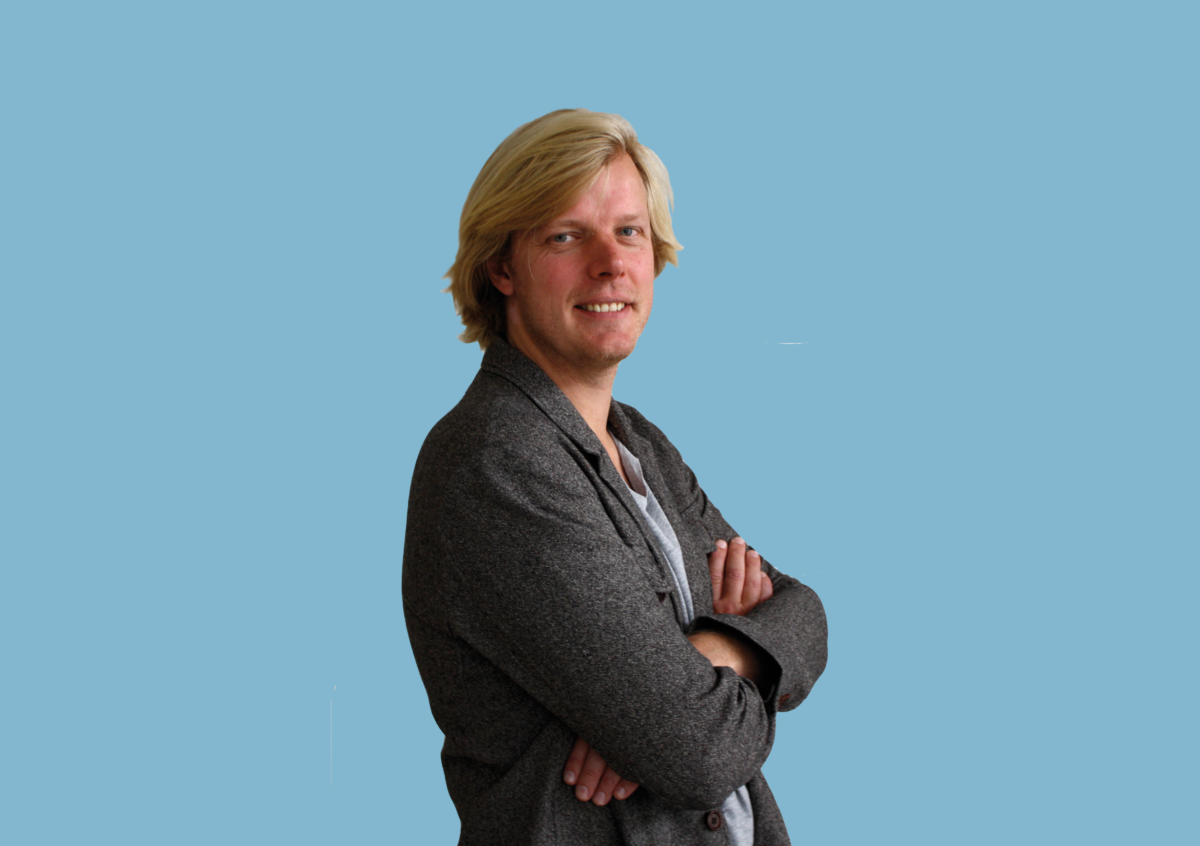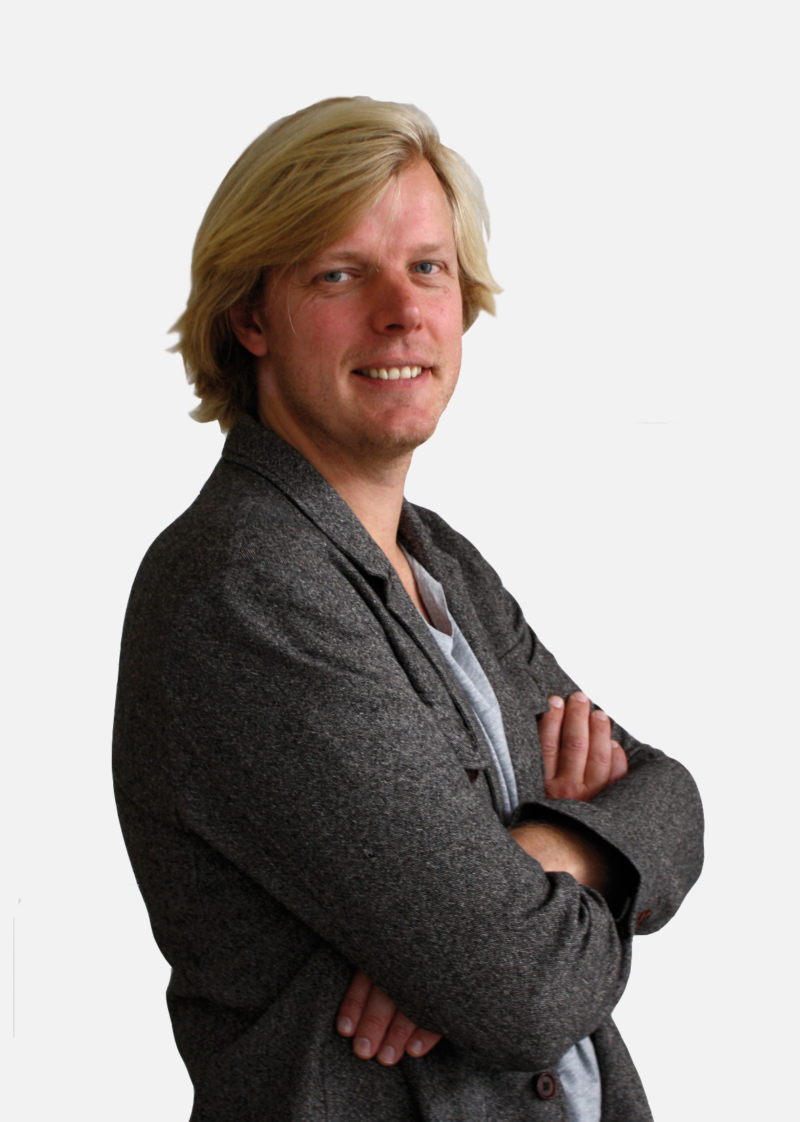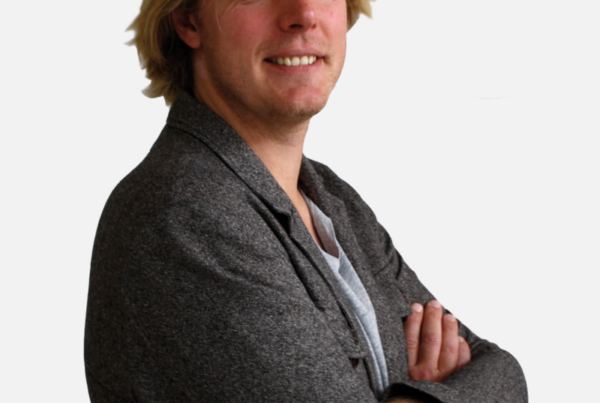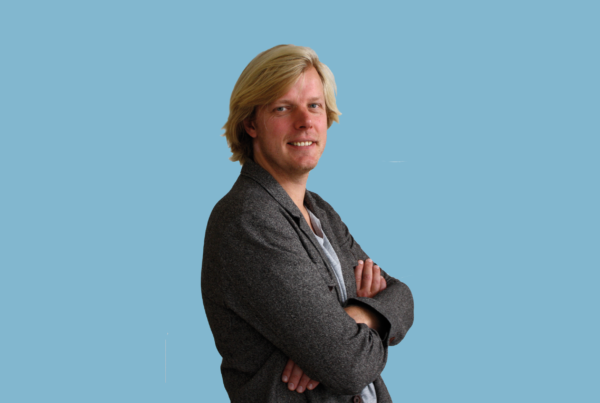

We, humans, are social animals, and in accordance, our behavior is steered to a large extent by structures in our social environment. You do whatever it is you do, at least in part, because other people require or desire it. The many social requirements and desires that relate to us are coded in the physical environment. This is done through representations of these requirements: signs, symbols, behaviors. For instance, if you fail to do something you ought to do at work, at one point or another you’ll find a person telling you that you’re not meeting expectations. That’s a social sign, the physical encoding of a social requirement.
Because our environment is rich with clues that signal expectations of the environment, it’s sometimes hard to figure out why you do things. You can think of this as fuzzy free will. It looks like I do X because I want to do X, but if at the same time my environment also wants me to do X, why do I actually do X? Was it my own intention, or the environment, or some combination? In ordinary circumstances, our intentions and the structure of the environment are confounded, so it’s really hard to tell. Life offers a continuous research project into our own psychology, but it’s greatly hampered by methodological limitations of the research design.
In this respect, the COVID-19 crisis offered a moment of methodological clarity. Suddenly, in March, the fuzziness ended. Almost all of the external social cues were gone. Nothing happened. Everything just stood still. The social world was all but gone.
I personally discovered a lot about myself during this period. For example, before the COVID-19 crisis, I was convinced that all I really wanted was to write scientific papers about psychometrics, ideally in splendid isolation. The world, however, continuously interfered with that desire, and that, in my mind, was why I did not actually write all that much about psychometrics. However, when the possibility to write about psychometrics 24/7 actually occurred, during the COVID-19 crisis, I didn’t write a single word. Instead, I found myself setting up all kinds of multidisciplinary scientific collaborations about the crisis (www.scienceversuscorona.com).
Another interesting discovery I made about myself concerns small talk. As part of my self-schema (the sum total of all things I think I know about myself), I have always believed that I dislike small talk. These little conversations about nothing, they are just a waste of time. That’s what I told myself and that’s what I really believed. But when the university opened up just a tiny bit, and we could visit the office once a week, when I got there I found myself almost in tears when a random person started talking about the weather at the coffee machine. Never had I even remotely thought that I would miss these small insignificant interactions so much.
If you look at this way, the COVID-19 crisis offered considerable opportunities for soul searching. When there’s nothing out there to force you into action, what do you do? What really makes you tick? Where does your fire burn brightest? Next to all the other things, it is – medical horror, social disaster, economic crisis – that wretched COVID-19 pandemic also turns out to be a personality test.

We, humans, are social animals, and in accordance, our behavior is steered to a large extent by structures in our social environment. You do whatever it is you do, at least in part, because other people require or desire it. The many social requirements and desires that relate to us are coded in the physical environment. This is done through representations of these requirements: signs, symbols, behaviors. For instance, if you fail to do something you ought to do at work, at one point or another you’ll find a person telling you that you’re not meeting expectations. That’s a social sign, the physical encoding of a social requirement.
Because our environment is rich with clues that signal expectations of the environment, it’s sometimes hard to figure out why you do things. You can think of this as fuzzy free will. It looks like I do X because I want to do X, but if at the same time my environment also wants me to do X, why do I actually do X? Was it my own intention, or the environment, or some combination? In ordinary circumstances, our intentions and the structure of the environment are confounded, so it’s really hard to tell. Life offers a continuous research project into our own psychology, but it’s greatly hampered by methodological limitations of the research design.
In this respect, the COVID-19 crisis offered a moment of methodological clarity. Suddenly, in March, the fuzziness ended. Almost all of the external social cues were gone. Nothing happened. Everything just stood still. The social world was all but gone.
I personally discovered a lot about myself during this period. For example, before the COVID-19 crisis, I was convinced that all I really wanted was to write scientific papers about psychometrics, ideally in splendid isolation. The world, however, continuously interfered with that desire, and that, in my mind, was why I did not actually write all that much about psychometrics. However, when the possibility to write about psychometrics 24/7 actually occurred, during the COVID-19 crisis, I didn’t write a single word. Instead, I found myself setting up all kinds of multidisciplinary scientific collaborations about the crisis (www.scienceversuscorona.com).
Another interesting discovery I made about myself concerns small talk. As part of my self-schema (the sum total of all things I think I know about myself), I have always believed that I dislike small talk. These little conversations about nothing, they are just a waste of time. That’s what I told myself and that’s what I really believed. But when the university opened up just a tiny bit, and we could visit the office once a week, when I got there I found myself almost in tears when a random person started talking about the weather at the coffee machine. Never had I even remotely thought that I would miss these small insignificant interactions so much.
If you look at this way, the COVID-19 crisis offered considerable opportunities for soul searching. When there’s nothing out there to force you into action, what do you do? What really makes you tick? Where does your fire burn brightest? Next to all the other things, it is – medical horror, social disaster, economic crisis – that wretched COVID-19 pandemic also turns out to be a personality test.


